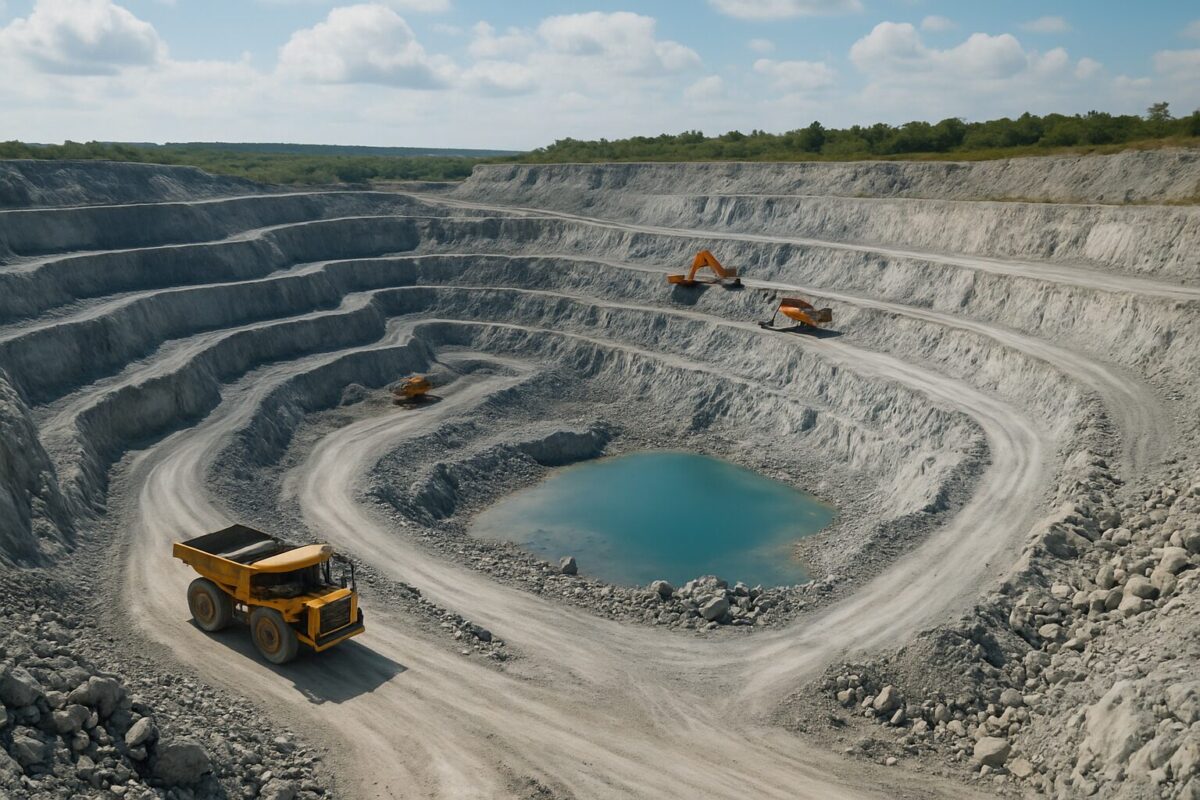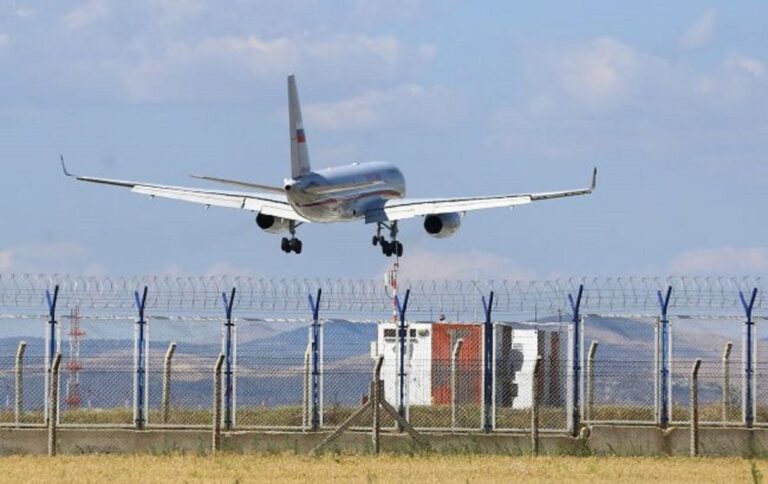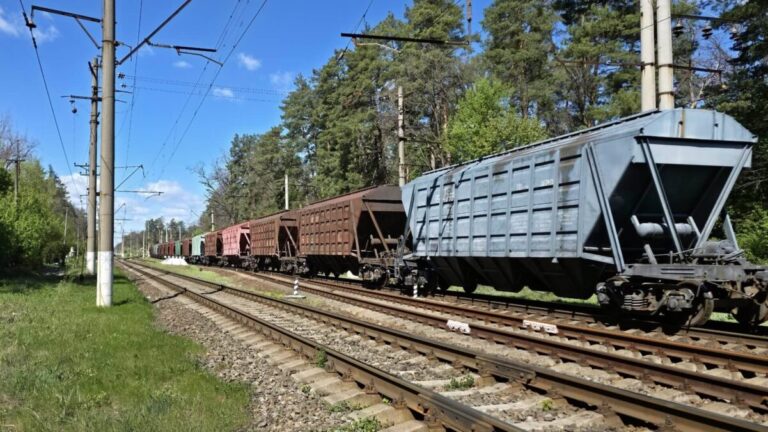
Russia Seizes Ukrainian Lithium Site: What This Means for the U.S. Mineral Deal
Russia’s capture of Shevchenkove, a small village in Donetsk Oblast, may seem like a minor battlefield development. But in reality, it’s a strategic move with far-reaching consequences. That area is home to one of Ukraine’s most valuable lithium deposits key to battery production and green technologies. And its loss could derail a major mineral agreement with the United States.
Shevchenkove: More Than Just a Village
In June 2025, Russian forces announced control over Shevchenkove, a village near the border of Donetsk and Dnipropetrovsk regions. On the surface, it looks like a tactical gain. But what makes this location significant is what lies beneath: one of Ukraine’s largest lithium reserves.
Discovered in the 1980s, the deposit had gained renewed attention in recent years due to rising global demand for lithium used in electric vehicles, batteries, and defense technology. The development license belonged to a U.S.-based company, Critical Metals Corp. Now, with the territory under Russian occupation, Ukraine has lost access to one of its most strategic mineral assets at least for now.
The U.S.-Ukraine Mineral Deal: Why It Matters
In April 2025, Ukraine and the United States signed an intergovernmental agreement to co-invest in the exploration and development of critical minerals, including lithium, titanium, rare earth elements, and uranium. The deal aimed to strengthen Ukraine’s economic recovery and align it more closely with Western supply chains.
Lithium was at the heart of that agreement. With global shortages and soaring demand, control over such reserves gave Ukraine real bargaining power in securing long-term Western investment.
Why the Shevchenkove Loss Threatens the Deal
With the lithium site now occupied, the agreement is under pressure. U.S. outlets such as The New York Post and Reutersreport that American officials are concerned the deal may be stalled or require significant revision. Without guaranteed access to mining zones, no investor especially in wartime will commit funds to assets they can’t secure. As one executive from Critical Metals Corp said anonymously, “This puts everything on hold. The risk is too high.”
Beyond economics, the occupation opens the door to geopolitical manipulation. Russian President Vladimir Putin has previously hinted at willingness to cooperate with U.S. companies on resource extraction. Now that Russian forces control Ukrainian mineral assets, Moscow could attempt to market them globally as Russian-owned. It’s a cynical play: seize what’s not yours, then sell it to the original stakeholders.
Not the First Time: The Case of Kruta Balka
This isn’t an isolated case. Russia previously seized another lithium-rich site in Kruta Balka, Zaporizhzhia Oblast. Combined, the two territories give Russia leverage in a critical global market while weakening Ukraine’s appeal as a secure partner for Western resource strategies. Reports indicate that Russian-backed authorities are already exploring ways to exploit the captured sites once “the situation stabilizes” in other words, once Russian control is entrenched. International law clearly prohibits such resource extraction on occupied land. But as in Crimea, legal boundaries rarely stop the Kremlin if the market is willing to buy.
What This Means for Ukraine
- A Strategic Setback Ukraine loses not only territory but bargaining power.
- Risk to U.S. Agreement Without reliable access to its mineral assets, Ukraine may see its flagship deal with Washington unravel.
- Information Warfare Russia could frame the seizure as a market win, offering these assets to third countries.
- Reduced U.S. Engagement For U.S. policymakers viewing Ukraine partly through the lens of economic opportunity, lost assets could mean diminished interest.
What Can Be Done?
Ukraine still has leverage if it acts strategically.
- Publicly document the illegal seizure and warn potential third-party buyers of legal consequences.
- Revisit the U.S. agreement, offering stronger guarantees for assets in controlled areas or proposing joint development zones elsewhere.
- Secure remaining reserves through better monitoring and protection.
- Increase transparency in the mineral sector to retain investor confidence.
The key is to prove that Ukraine remains a reliable partner even in wartime.
This isn’t just about lithium. It’s about how resources have become another front in modern warfare. Ukraine must protect not only its borders but also its underground assets because minerals like lithium are now just as valuable as any battlefield victory. The U.S. agreement can still be salvaged. But Ukraine must demonstrate that it can secure and manage its resources transparently and independently. No one should be allowed to steal Ukrainian assets and resell them under a different flag. Control over lithium isn’t just about batteries. It’s about power economic, strategic, and political. And right now, Ukraine is being tested on all three fronts.











